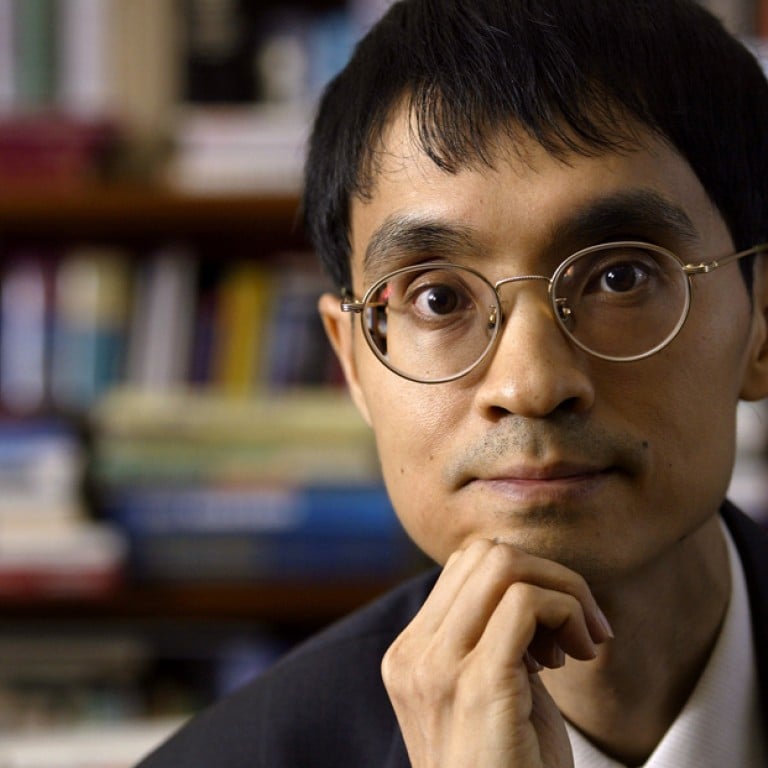
Beijing's veto will loom over Hong Kong voters: Albert Chen
Beijing need only remind voters of its power to reject a popularly elected chief executive in 2017 if it wants to make them think twice about backing "confrontational" candidates, said Basic Law Committee member Albert Chen Hung-yee.
Beijing need only remind voters of its power to reject a popularly elected chief executive in 2017 if it wants to make them think twice about backing "confrontational" candidates.
So says Basic Law Committee member Albert Chen Hung-yee. Chen, who is also a law professor at the University of Hong Kong, was weighing into the political reform debate in the pro-Beijing yesterday.
But a lawmaker said any move to veto a candidate who had the support of Hongkongers would be almost impossible anyway.
Chen wrote that affirmation of Beijing's power to veto an appointment would be enough to encourage Hongkongers to steer clear of candidates deemed unacceptable to Beijing as they would want to spare the city from a political crisis.
In March, chairman of the National People's Congress Law Committee Qiao Xiaoyang caused uproar when he said the central government would not accept any chief executive candidate it considered to be confrontational towards Beijing. Qiao also said that the nominating committee should choose candidates for the top job "as a whole", hinting that the nomination process could serve as a screening system.
In the article, Chen said that even if candidates were nominated in this way, it did not imply that the selection criteria should be any different from the current practice. He added that the criteria should not be changed to screen out candidates deemed confrontational towards Beijing.
"Adopting a strategy [such as this] would mean giving up the plan for universal suffrage in 2017," he said. "Any proposal that means setting the bar too high for candidates would be considered fake universal suffrage - and it would have no hope of getting through the Legislative Council."
Liberal Party honorary chairman James Tien Pei-chun went a step further, saying Beijing would not be able to exercise its veto in 2017. "Beijing will have to appoint the person elected to the top job - even if he or she is a pan-democrat. It will be practically impossible for the central government to exercise its veto power."
Chinese University political analyst Ma Ngok said that if Beijing used its veto power arbitrarily or based on political criteria it could worsen friction between Hong Kong and the mainland.

